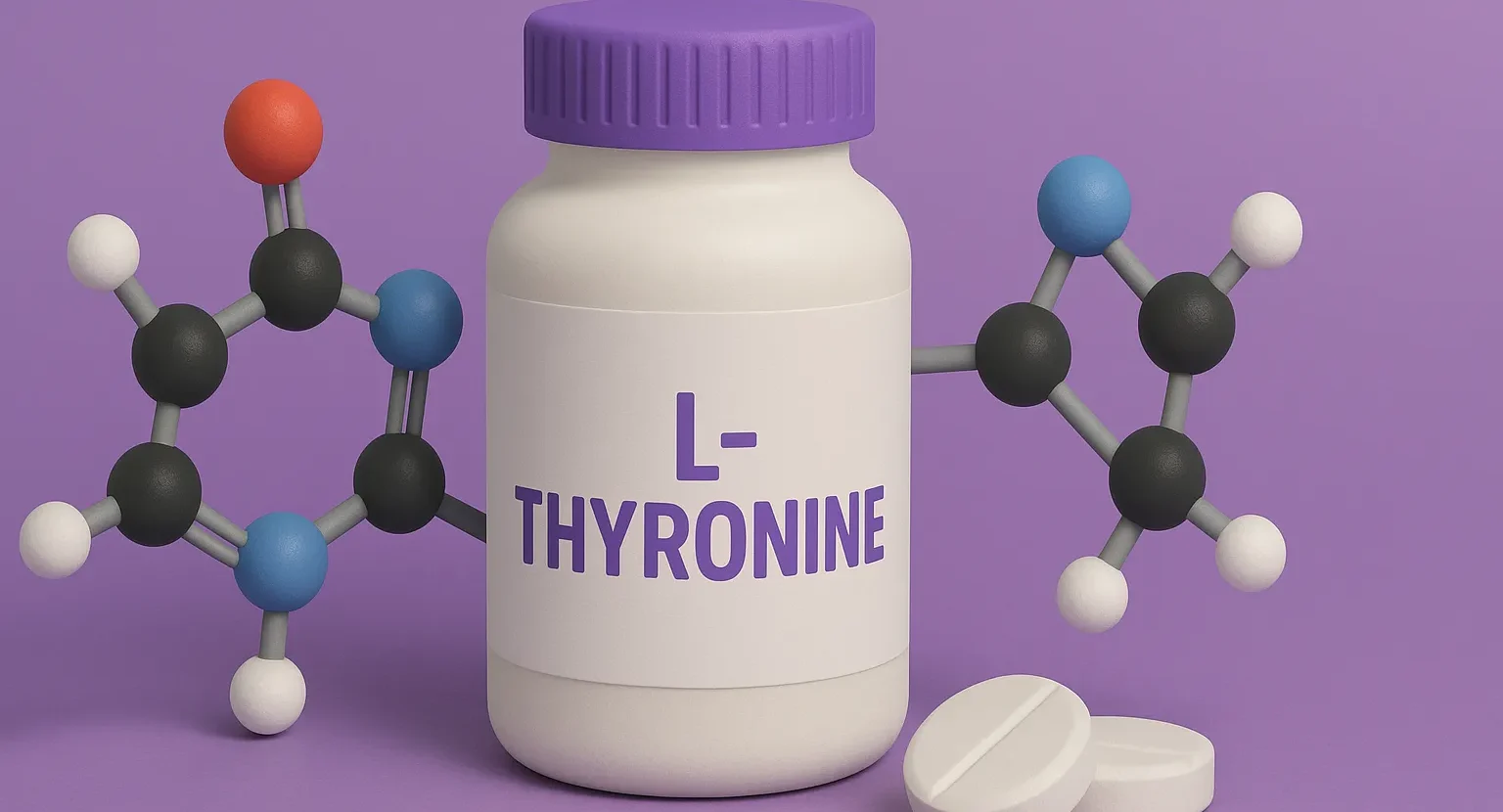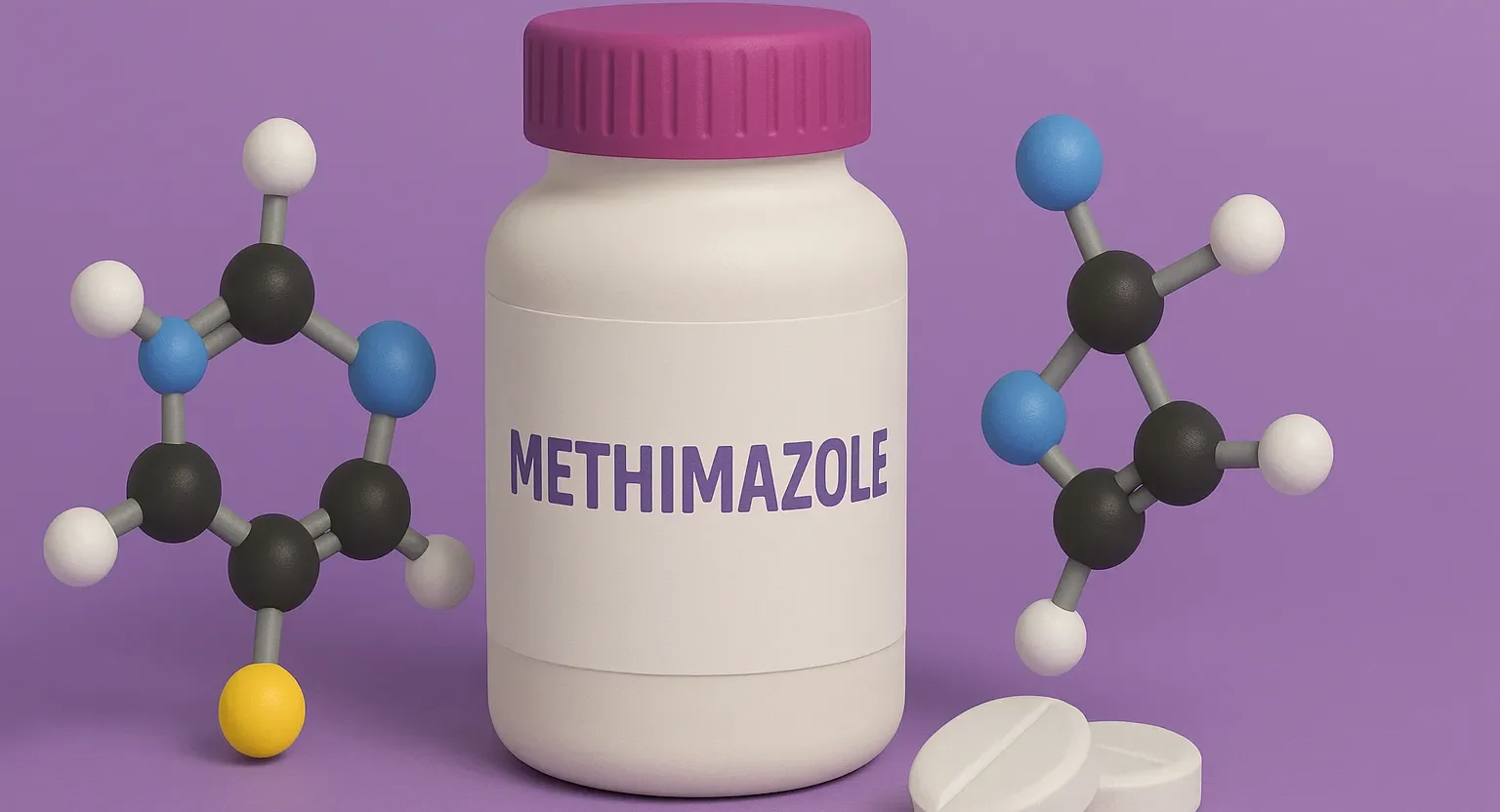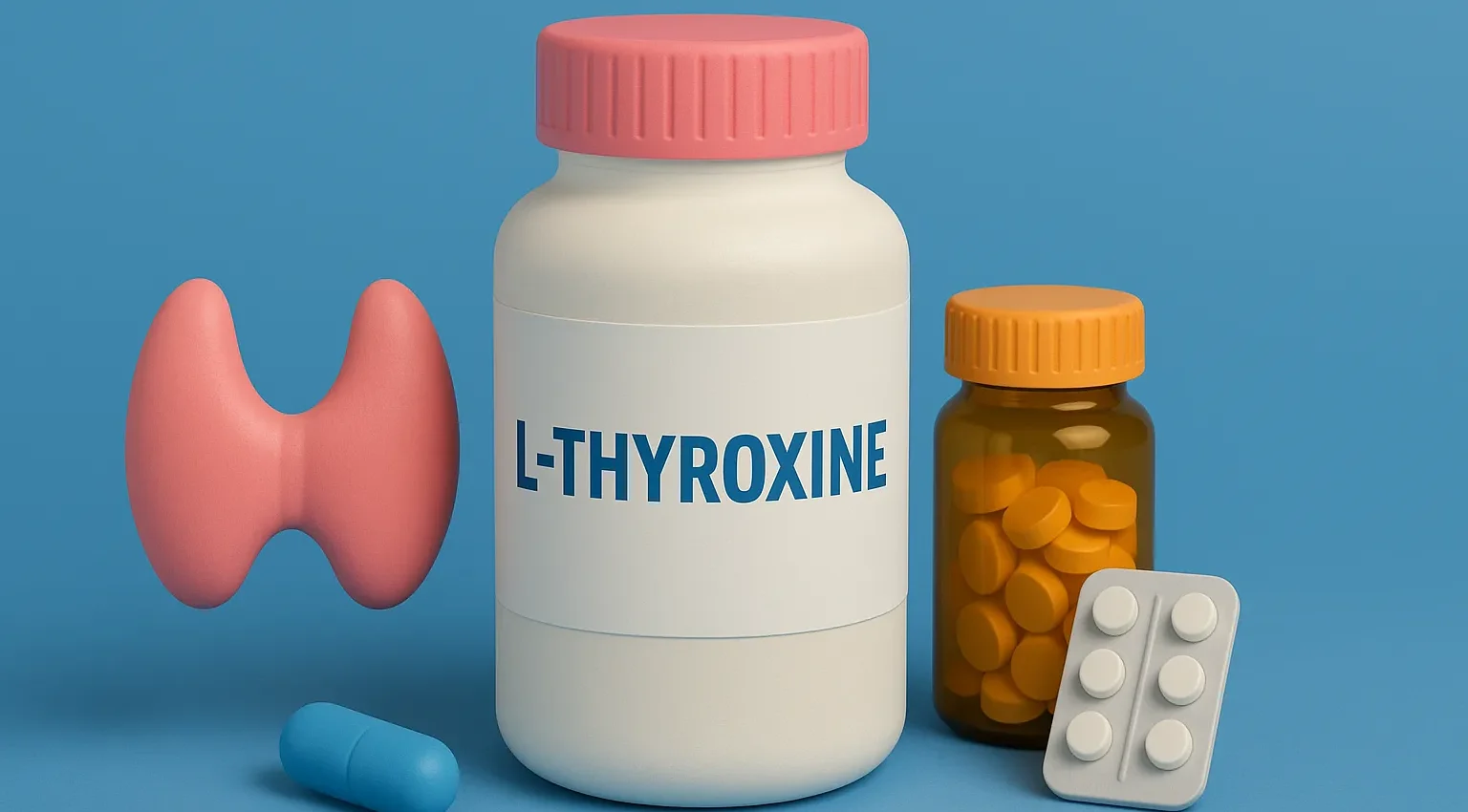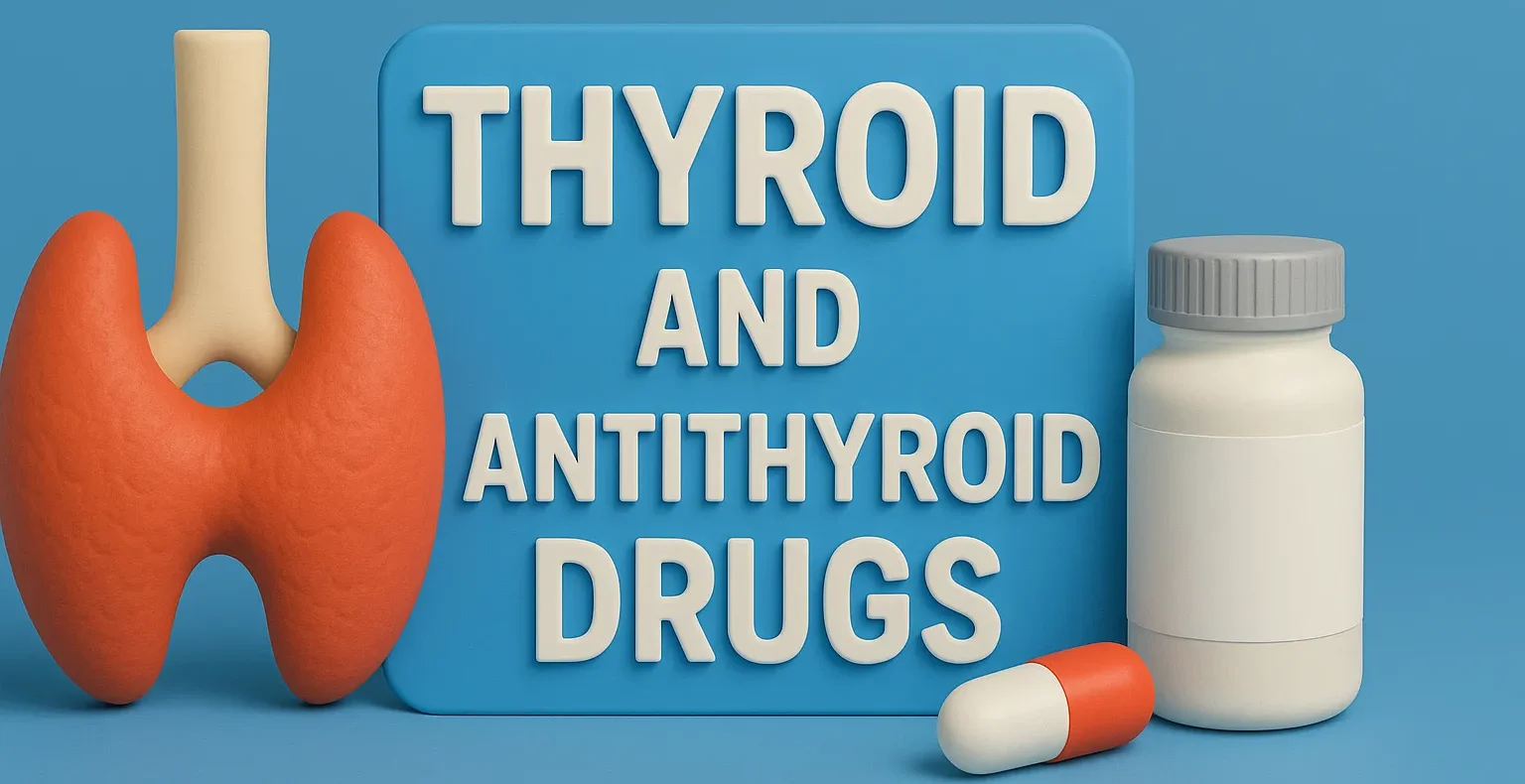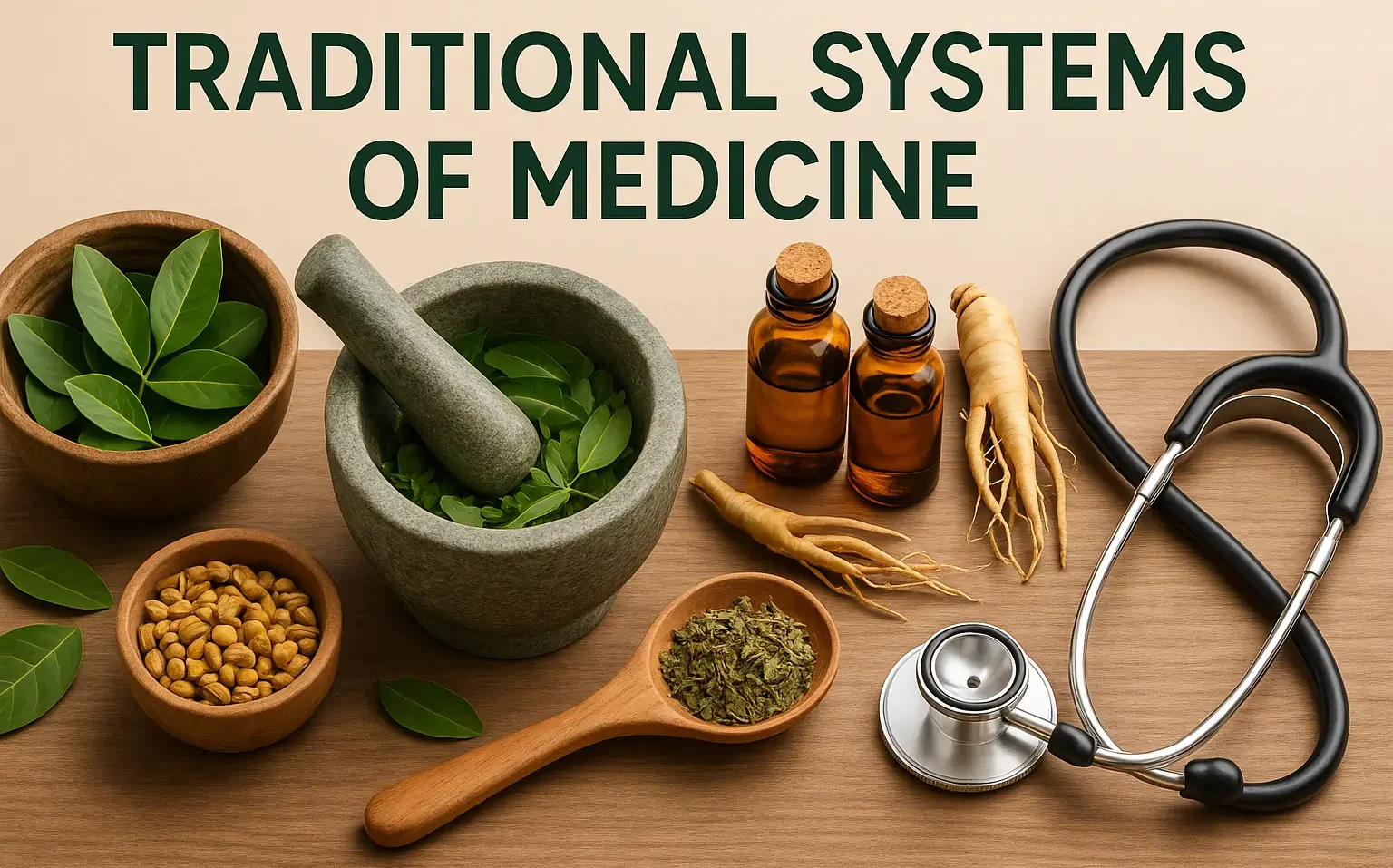L-Thyronine
L-Thyronine is a synthetic form of the thyroid hormone T3 used to treat hypothyroidism and support healthy metabolism. Structure of L-Thyronine L-Thyronine, also known as triiodothyronine (T3), is a thyroid hormone with a tyrosine backbone and three iodine atoms. Chemical Formula: C₁₇H₁₅I₃NO₄ Mode of Action Thyroid Hormone Replacement: Acts similarly to endogenous T3, binding to … Read more

